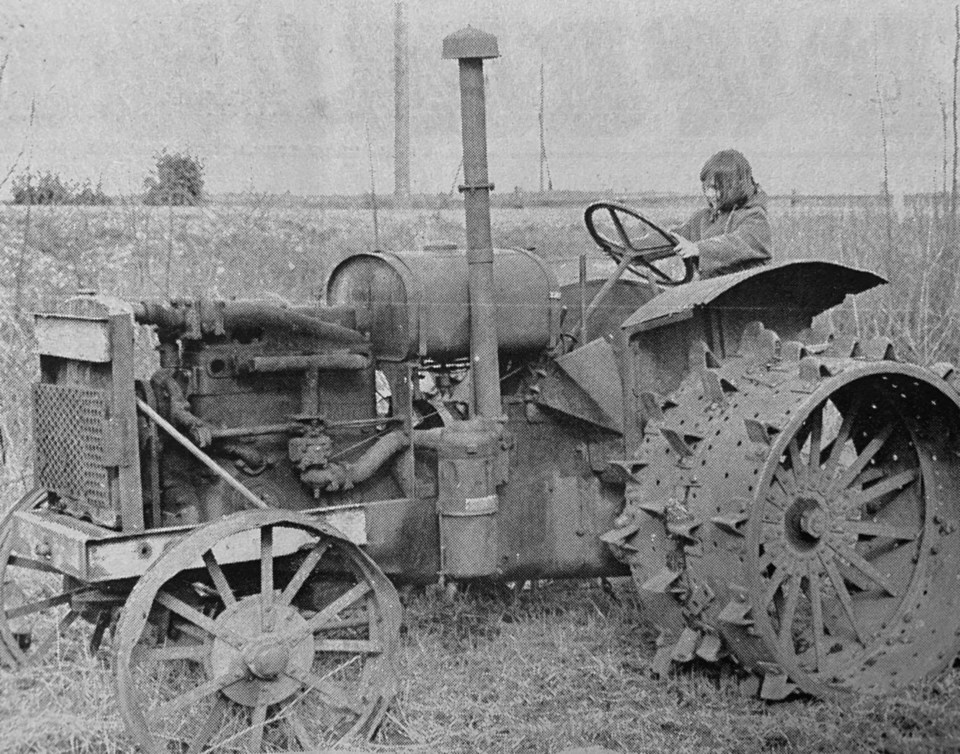It was controversial and bitterly contested legislation at the time, but now it is credited with saving thousands of acres of prime farmland in Delta from falling victim to developers.
Fresh off their provincial election victory the year before, the New Democrat government in 1973 introduced what's still considered a radical law, creating a development exclusion zone aimed at protecting arable farmland.
When it was introduced, the Agricultural Land Reserve (ALR) drew a negative reaction from many Delta farmers, developers and property owners.
The legislation was introduced at a much different time in the municipality, an era of tremendous growth following the opening of the George Massey Tunnel over a decade earlier.
The person that received the biggest brunt of the 1973 outcry in Delta was Carl Liden, the NDP MLA for the riding.
At a special meeting of the Delta Chamber of Commerce's agriculture committee in January of that year, Liden did his best to explain why the land freeze was necessary, saying speculators owned most of the farmland in Delta.
Noting farmers approached him in favour of the freeze, Liden said the government's position was "to make the best use of the land for all of the people, and to save the farmland but not at the expense of the farmer."
The committee's chair, John Friesen, presented a brief critique of the plan, saying farmland in Delta had been "shamefully raped by all three levels of government" causing an untenable situation for farmers that remained in the area as landowners.
He said it was "grossly unfair to require that these lands remain in agricultural production in an area that is neither economically suited for farming, nor in harmony with the surrounding community."
Friesen blamed the George Massey Tunnel, highways, superport, railway and numerous other expropriations of land for having "knocked the spirit out of farming."
Liden would also get an earful at a heated public meeting in Ladner that year, where more than 1,000 people showed up to voice their anger. At that gathering, local farmers and landowners were critical of the New Democrats, saying the government was seizing land while not doing enough to help farmers.
Liden once again tried to explain that real estate firms owned large tracts in Delta.
"I don't think their intention is to farm the land," he said.
At a meeting of the South Delta Taxpayer Society in 1973, Liden noted the government was helping the farmer with the legislation because "this bill will keep farmland prices down to where farmers can afford to buy farmland for farming. It will stop farmers from leaving their lands."
Speaking on behalf of the Delta Farmers' Institute, Mike Guichon made a presentation to government that year, suggesting that a buy-up program was needed to preserve farmland.
Much to the chagrin of many, the province enacted the legislation, virtually freezing thousands of acres in Delta.
Five decades later, the ALR has been credited for saving farmland in the Lower Mainland from being paved over, although urban growth, high land prices, increasing costs, urban-rural conflicts and other pressures continue to pose challenges for soil-based farming.




